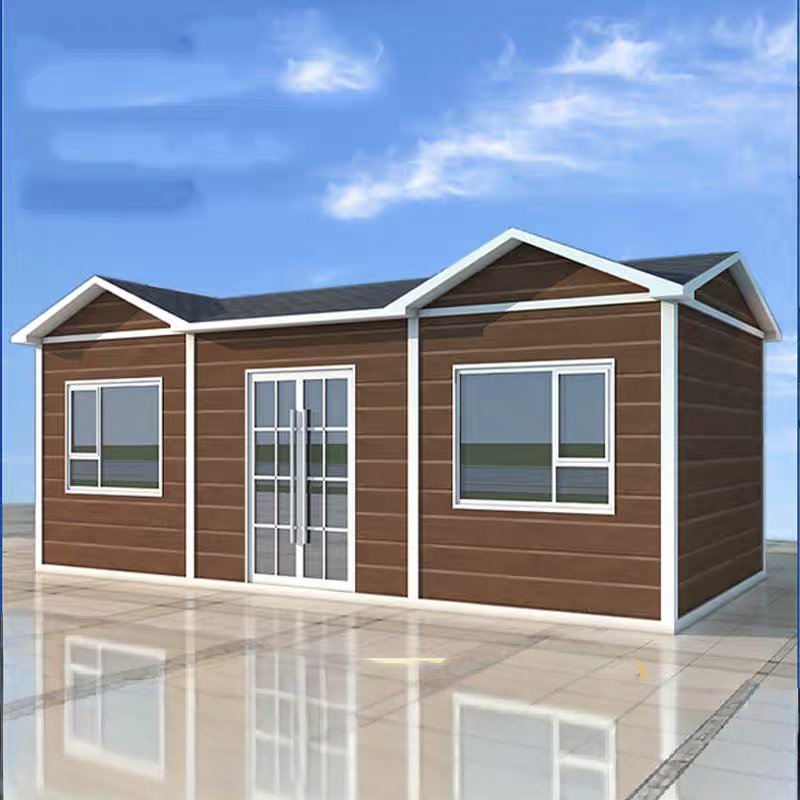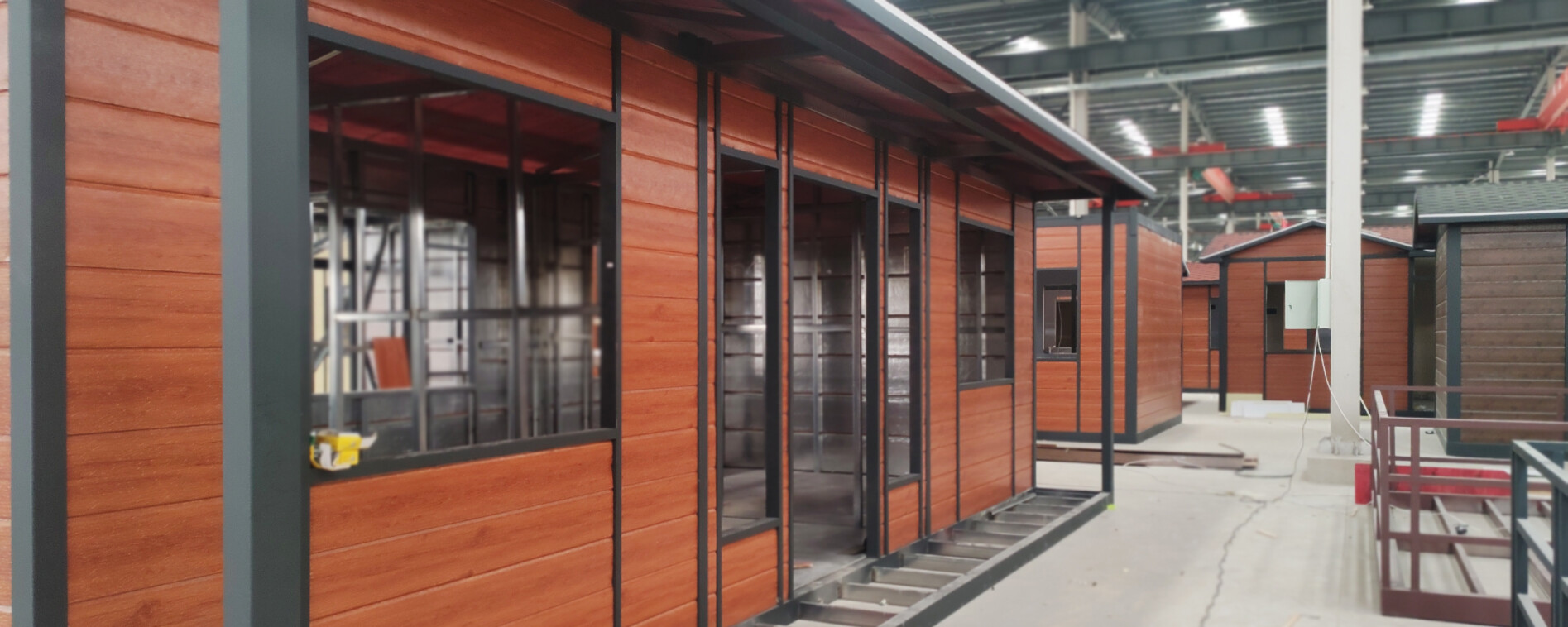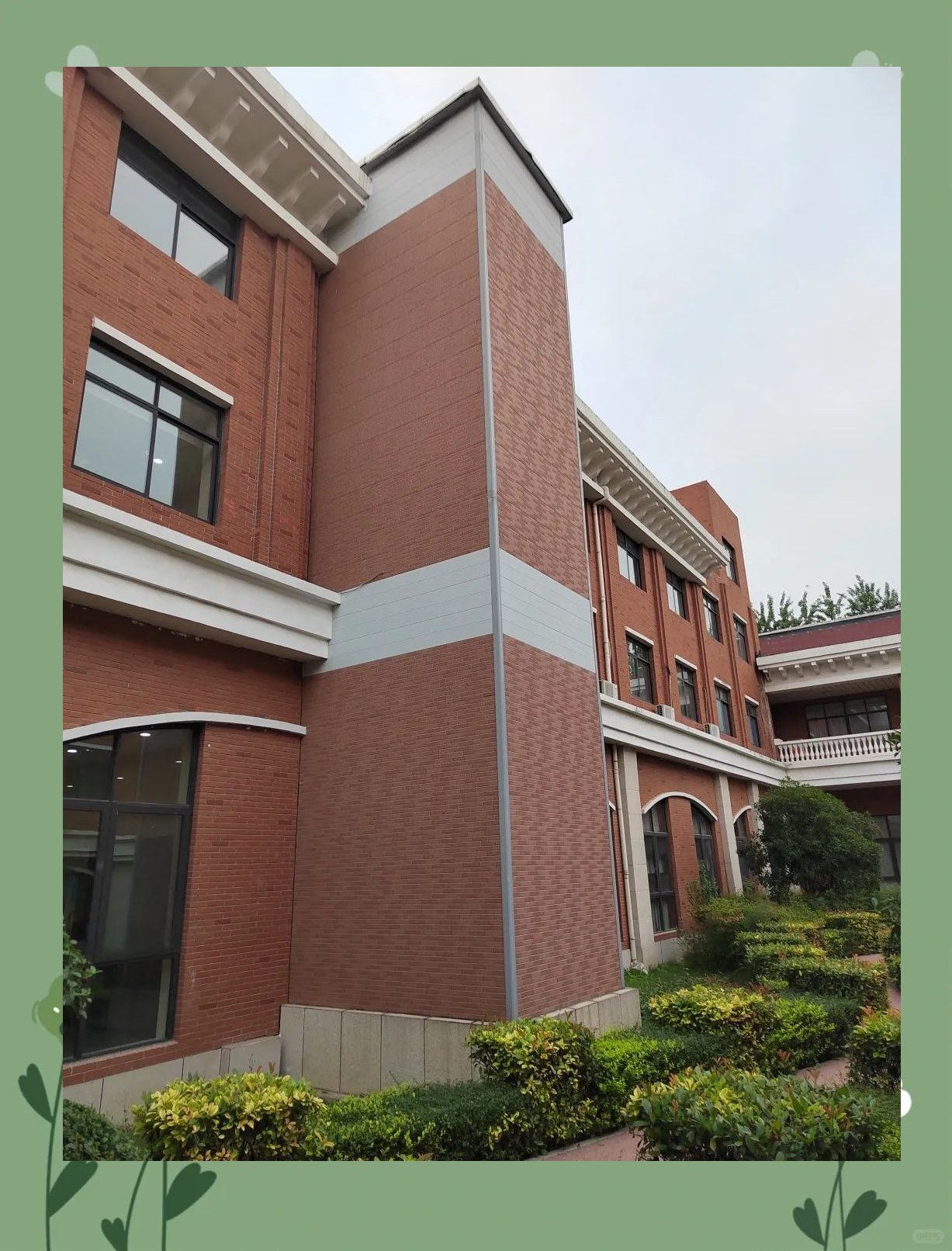
Understanding Rock Wool Panels
Rock wool panels, also known as mineral wool or stone wool, are insulation products made from natural or recycled stone materials. These panels are known for their excellent thermal insulation properties, fire resistance, and sound absorption features.
Composition and Manufacturing Process
Rock wool panels are made from volcanic rock, basalt, and other natural minerals. The production process involves melting these materials and spinning them into fibers, which are then compressed into panels. This process not only enhances insulation performance but also contributes to sustainability.
Advantages of Rock Wool Panels
- Thermal Efficiency: Rock wool offers superior thermal resistance (R-value), helping to maintain stable indoor temperatures.
- Fire Resistance: Being non-combustible, rock wool panels can withstand high temperatures and prevent the spread of fire.
- Sound Insulation: The dense structure of rock wool effectively reduces noise transmission, ideal for residential and commercial spaces.
- Moisture Resistance: Unlike organic materials, rock wool does not absorb moisture, preventing mold growth and maintaining air quality.
Applications of Rock Wool Panels
These panels are widely used in various construction applications, including:
- Metal Wall Boards: Rock wool panels can be integrated into metal wall board systems to enhance insulation.
- Sandwich Wall Panels: Used as core insulation material in sandwich panels, rock wool adds structural integrity and thermal efficiency.
- EPS Foam Panel Insulation: When combined with EPS foam panels, rock wool further improves thermal and acoustic performance.
Cost-Effectiveness of Rock Wool Panels
The initial investment in rock wool panels may be higher compared to alternatives like EPS foam. However, their durability and superior insulation properties lead to long-term energy savings. It's essential to consider not only the upfront costs but also the overall lifecycle costs, including maintenance, energy savings, and potential return on investment.
Comparison with Alternative Insulation Materials
Why Choose Rock Wool Panels?
When selecting insulation materials, the decision should be guided by specific project requirements, including thermal performance, fire safety, and sound absorption needs. Rock wool panels emerge as a reliable choice that excels across these important metrics, making them suitable for both residential and commercial construction.
Conclusion
The benefits of rock wool panels—ranging from their excellent insulation properties to their fire resistance—make them a prime choice for modern building projects. For construction professionals and decision-makers, investing in rock wool panels not only enhances building performance but also contributes to sustainable practices.
Contact Us
If you are considering rock wool panels for your next project or have any questions about their applications, feel free to contact our team for expert advice and support.
Send Us A Message



